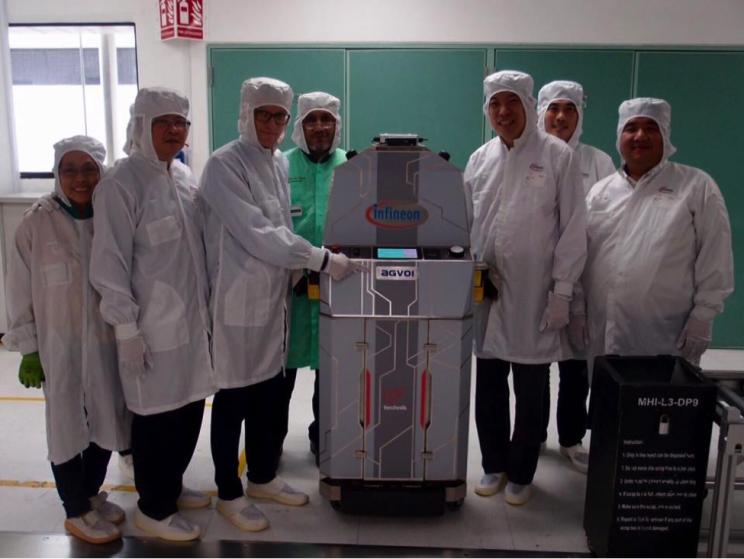COMMENT: Automation need not lead to job cuts

Mention automation and many would think of robots working in a factory and outperforming their human counterparts in productivity.
The era of automation has already begun in Singapore with robotic processes being implemented in industries such as transport, financial, and food and beverage, often making human workers redundant. “Automated talent” may soon replace foreign talent as the target of criticism by workers that are affected by corporate restructuring.
The inevitable march of automation is a reality that policy makers and top executives around the world have to deal with, even as they consider measures to mitigate its impact on the workforce.
In his farewell speech on 10 January, outgoing US President Barack Obama said in Chicago, ”The next wave of economic dislocation won’t come from overseas. It will come from the relentless pace of automation that makes many good, middle-class jobs obsolete.”
New wave of automation
While workplace automation has been adopted in Singapore for years, the level of sophistication is scaling up in industries where workers have previously been considered irreplaceable.
nuTonomy has carried out self-driving car trials ahead of the planned launch of a driverless taxi service in 2018. Kurve Automation has created robots for the F&B industry to replace chefs and kitchen preparers. Bambu provides robo advisory services that can take over the jobs performed by financial planners.
In my current job at The Resource Group, I do a lot of prospecting and lead generating and have used a number of automation services. Reply lets me reach out to customers via automated email generation with a personal touch. Evie, an artificial intelligence scheduling assistant, fixes my appointments with ease.
Will automation lead to the elimination of entire job categories? The jury is still out there on the debate.
A joint study by a unit of Ministry of Manpower and Centre for Strategic Futures showed that more than one-third of the jobs held by Singaporean workers are at risk of being lost to automation within 5 to 20 years. While lower-skilled jobs are at the greatest risk, a significant number of higher-skilled jobs may also be made redundant, according to the study.
But a new report by McKinsey Global Institute released earlier January, which looked at more than 2,000 activities across 800 occupations, forecast that automation would lead to redesigning of work rather than job cuts in the near term. Only 5 per cent of the jobs can be fully automated in the long term, according to the report.
Embracing automation, redesigning jobs
Many companies that have embraced automation argue that they are able to create new and higher value jobs.
In Singapore, security solutions providers have introduced automated processes to enable their officers to monitor more premises. Cleaning companies have introduced motorised machines that can help cleaners cover more ground than manual cleaning in a shorter span of time. For them, the adoption of automation is key to sustaining their business.
Automation allows companies to redeploy their workers to perform other tasks requiring higher level of skills. Hence, the employability of the workers is enhanced even as automation is integrated into work processes.

Not surprising, the leading adopters of automation are large companies, particularly those in the tech industry.
For example, semiconductor maker Infineon Technologies has introduced a “lights-out” manufacturing system in Singapore whereby robots can fully manage the manufacturing process even while the lights are out so that engineers can focus on process monitoring.
After visiting Infineon’s manufacturing facility in Singapore recently, Labour MP Melvin Yong called on manufacturers to embrace innovations such as robotic technology.
“This breakthrough in the manufacturing process can be adapted across the industry and will certainly help to raise productivity as a whole…While some jobs might be displaced, there will also be new higher valued jobs created,” said Yong, who is also Executive Secretary of United Workers of Electronics & Electrical Industries (UWEEI).
To prepare for the higher value-added jobs of the future, companies can partner
employability institutes like e2i to help their workers in skills upgrading.
Ultimately, the training that workers undergo can translate into productivity gains and in turn become a key competitive advantage for companies in the automation era.
Adrian Tan is a HR professional who blogs about entrepreneurship and human resource issues.


